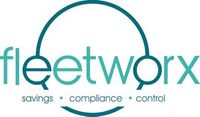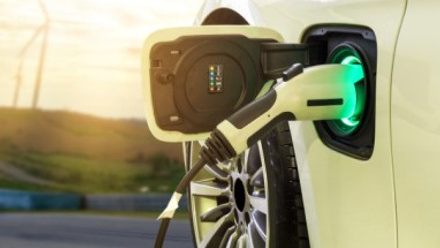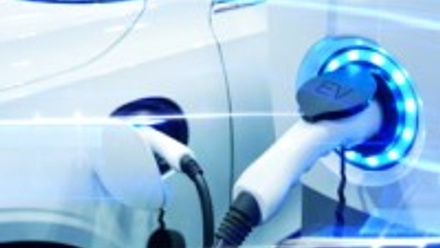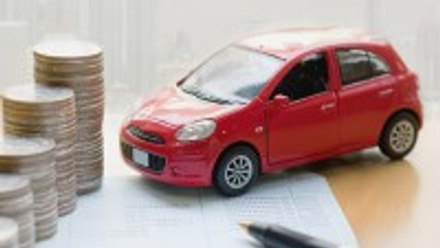How to mitigate April’s new costly company car tax changes
There has been a lot of coverage about the latest round of tax amends from the Autumn budget. Although the dust may not quite have settled on some of them, such as salary sacrifice, we do know there are a host of tax increases coming over the horizon in April.

Tax changes for 2017 and 2018 are adding cost to an already costly category. With uncertainty around Brexit and increasing inflation, containing cost is challenging enough, without losing the impact of any hard-won savings at the stroke of the chancellor’s pen.
In case you were unaware, or simply haven’t had the time to consolidate the new taxes, this is our list of what is coming your way:
1) Vehicle tax rate (VED)
We think this one has slipped under the radar a little. Only cars with zero emissions will benefit from zero tax. All cars above zero will move to a flat rate of £140, unless the list price is over £40,000, when there will be an additional supplement of £310 for each of the first five years.
This could be quite a shock for fleet managers as previously VED was based on emissions and low-emitting, not just ULEV, vehicles were rewarded for being so. Alas, this is no longer the case.
2) Capital allowance changes
The threshold for claiming capital allowances at the lower rate of 8% instead of the standard rate of 18% is being lowered from 130 g/km to 110g/km, bringing way more company cars into this bracket and having an impact on monthly cost.
3) Insurance premium tax
This is increasing from 10% to 12%, resulting in an increase to vehicle insurance premiums.
4) Company car tax rate
Up to 2021, the rates at which cars are taxed for BiK are all increasing by 2% per year, up to a maximum of 37%. The diesel supplement of 3% that was due to be removed in April 2016 is now remaining until 2021. The combined impact is an increase in employee tax liability and employers’ NI contributions.
5) Cash allowance changes
If a cash alternative is offered as part of company policy, then the tax will be paid on the higher of the BiK or cash alternative, potentially increasing the employees tax liability and the employer’s NI contributions.
It may also result in drivers opting for less environmentally friendly cars rather than employing a green approach to their car selection. As they are paying the cash allowance tax anyway there is no opportunity to reduce their tax liability by selecting low-emitting vehicles, therefore pushing up the cost of the overall fleet (larger cars will push up fuel bills and insurance premiums in addition to the increases in company NI contributions).
Faced with these tax hikes, cost avoidance becomes ever more important for fleet owners. Depending on the sensitivities of a business, there are numerous cost-saving initiatives that, when implemented effectively, can make quite a significant impact on the cost of operation.
Deciding on what to focus and how much saving it may return is part of the challenge of managing an expensive category. Should you be looking at streamlining the number of car manufacturers on your choice list and benefit from enhanced terms, or what about removing private mileage benefit from your employees?
Choices like these need to be considered in light of the internal and external pressures on a business, and chosen based on variable such as timescales, internal expertise and employee impact.
Fleetworx has developed an online interactive tool that will suggest cost-saving initiatives based on business circumstances. To access the tool visit http://www.fleetworx.com/cost-saving- tool/
This article was provided by Fleetworx.
In partnership with Fleetworx
Fleetworx help the car fleet supply chain work better for everyone.







